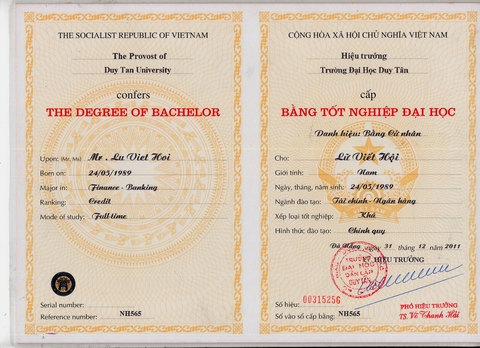
The most significant piece of independent work in an undergraduate or postgraduate program is typically a dissertation. This learning task is significant and substantial. Its goal is to provide you the chance to show that you master the abilities of analysis, synthesis, assessment, argumentation, and data collecting and handling by putting them to use on a particular subject. In addition, there are other important abilities, such as writing, traits, tenacity, and attitudes. Together, these skills are anticipated to be learned and used in order to produce a well-organized piece of research.
TIPS TO HELP YOU PREPARE FOR YOUR DISSERTATION:
START EARLY:
Consider potential topics early, and carefully review the administrative guidelines. Good dissertation topics typically come through a lot of reading, speaking with others, and considering different areas of your field that interest you. Before finalizing your objectives, you can change your mind multiple times an
LIST YOUR REFERENCES:
Keep thorough records of everything you read. You can save a lot of time and effort by compiling the reference list or bibliography as you read rather than waiting until the very end of the process because referencing is typically marked extremely strictly in dissertations. Any sources you decide not to use can be readily deleted
BE REALISTIC:
Limit your ambition. Generally speaking, it is preferable to extensively explore one single concept as opposed to attempting to cover a broad subject or a number of concepts without being able to do it in a thorough manner.
HAVE A PLAN OF WHAT YOU WANT TO DELIVER:
What would you like your readers to understand at the end of the dissertation? Consider the answers to this question to help you focus your ideas and develop hypotheses, research questions, and objectives.
SAVE YOUR WORK:
A dissertation is a significant task that is done after thorough research and hard work therefore, losing it due to any systematic error or negligence cannot be afforded. So, to avoid this always remember to make copies of your dissertation drafts for backup so that in case any file gets corrupted or lost in the future you can use the backup file to continue your work.
MAKE A LIST OF YOUR GOALS:
Create specific research goals, then identify approaches and techniques that will help you achieve those goals. You may even create a chart for yourself that correlates each goal to potential approaches and techniques
SUPPORT YOUR DECISIONS:
Every decision you make in your cheap dissertation writing service should be supported by evidence. Your selection of a topic, a reading list, a methodology, and analytic techniques should all have solid academic justifications. Make sure your reader understands the reasoning behind your decisions.
IF YOUR OUTCOMES DON’T MATCH YOUR EXPECTATIONS, DON’T BE UPSET:
If you don’t get what you anticipated, don’t worry. In most cases, unexpected outcomes are just as beneficial as (and occasionally much more valuable than) those you had anticipated
RECOGNIZE THE BOUNDARIES OF YOUR RESEARCH:
Don’t forget to take your research’s limits into account. Don’t overdo it as you are well aware that whatever you will add to your dissertation you will be responsible to provide reasoning, validity, and reliability for it.
MAKE A SCHEDULE:
Make sure to give enough time to revise and review your drafts, as well as time for binding if that is necessary.
FEEL PROUD:
Be proud of yourself because most likely this is your first “publishing,” one day a student may read and use your work as a source for a dissertation as you worked really hard and gave your best to complete this dissertation.
CONCLUSION:
Thus, finishing a cheap dissertation writing service is necessary for receiving an undergraduate or graduate degree. The student’s knowledge and research abilities will be put to the test during this project. The dissertation’s quality has a significant impact on the student’s final grades as well. Although a dissertation is mostly an individual project, one can ask the professors for some advice.



